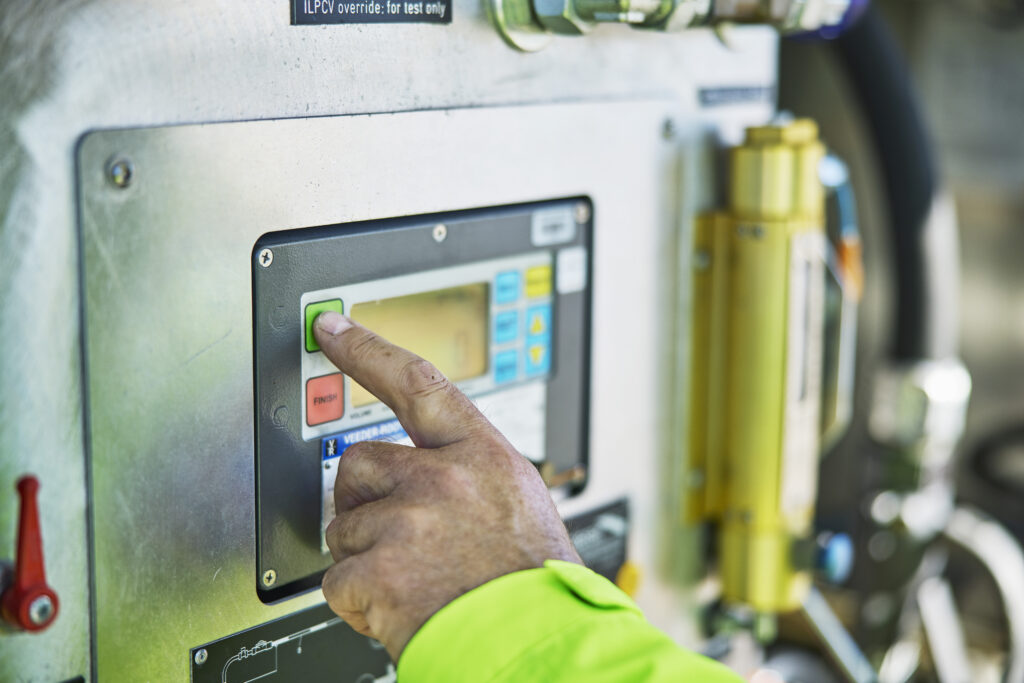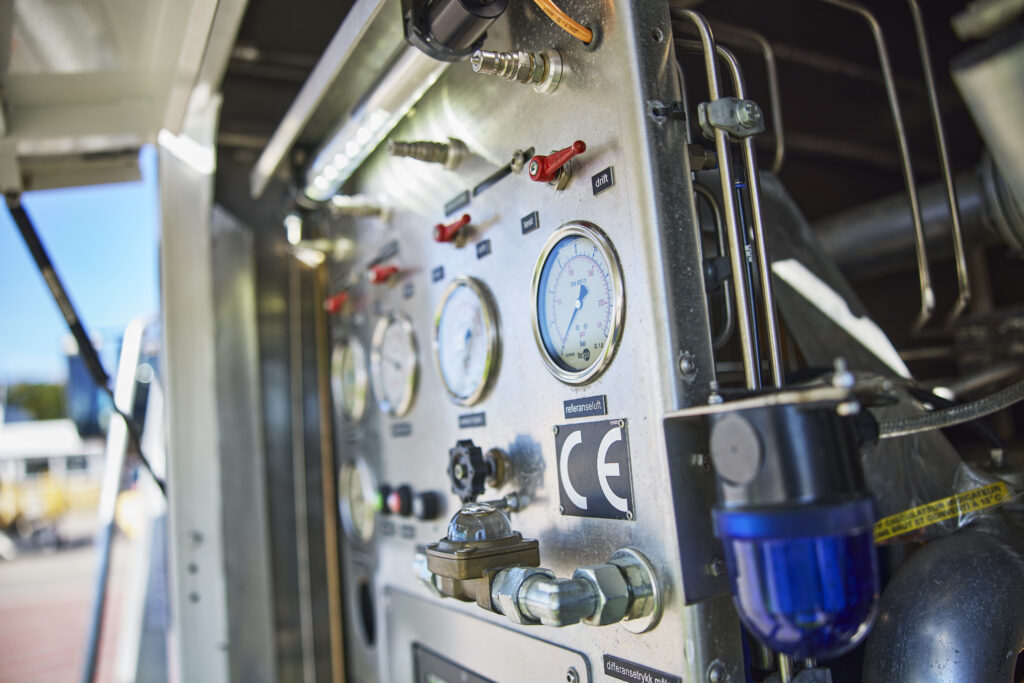Innovation that leaves a mark on everything but the planet
AFSN is at the forefront of the transition to Sustainable Aviation Fuel (SAF) in Norway, positioning itself as a key provider of this low-carbon alternative to traditional jet fuel.

We help airlines and companies reduce their carbon footprint
AFSN is at the forefront of the transition to Sustainable Aviation Fuel (SAF) in Norway, positioning itself as a key provider of this low-carbon alternative to traditional jet fuel. By ensuring the local supply of SAF, rather than relying on global mass balance systems, AFSN helps airlines and corporations reduce their carbon footprints in real, measurable ways. This proactive approach to sustainability not only supports the industry’s decarbonization goals but also reflects AFSN’s innovative thinking in adopting and expanding SAF beyond mandatory requirements.
AFSN’s goal is to cut 80 percent of our operational CO2 emissions
Innovation at AFSN is deeply tied to reducing greenhouse gas (GHG) emissions. The company is working on electrifying its Into Plane (ITP) refuelling vehicles and transitioning to renewable diesel (HVO) for immediate emission reductions. AFSN’s goal of cutting 80% of its operational CO2 emissions by 2024 demonstrates the company’s innovative use of current technologies and fuels to reduce its carbon footprint, while also exploring future solutions like electrification for long-term impact.

Collaboration for technological advancements
AFSN actively collaborates with Shell Aviation and St1 to drive innovations in aviation fuel safety, quality control, and logistics. Through its partnership with Shell, AFSN benefits from decades of technical expertise in fuel management and safety protocols. In logistics, St1’s support ensures that HSSE (Health, Safety, Security, and Environment) standards are maintained at the highest level. This collaboration fosters the continuous improvement of fuel supply chains and operational safety, reinforcing AFSN’s role as an innovative leader in the aviation fuel market.
Technological exploration and infrastructure development
AFSN is also investigating the electrification of ground support equipment and exploring ways to introduce hybrid and electric refuelling trucks. The company’s ability to integrate new technologies into its operations is a testament to its forward-thinking approach, with a clear focus on reducing reliance on fossil fuels and improving energy efficiency in aviation fuelling operations.
Data-driven environmental impact assessment
Innovation at AFSN extends to environmental governance, where the company conducts thorough Environmental Impact Assessments (EIA) to monitor its emissions. This data-driven approach allows AFSN to set measurable reduction targets, adapt to new regulations, and remain agile in the face of environmental challenges. The company’s willingness to engage in transparent reporting and continuous improvement of its environmental performance reflects an innovative and responsible approach to business.

Membership in Joint Inspection Group (JIG)
AFSN’s membership in the Joint Inspection Group (JIG) highlights its commitment to innovation in aviation fuel safety and quality standards. By adhering to JIG’s global best practices, AFSN ensures that every aspect of its fuel operations is conducted with the utmost precision and safety, pushing the boundaries of operational excellence. This membership allows AFSN to stay at the cutting edge of industry developments, continuously adopting new techniques and technologies to improve fuel handling, storage, and delivery.





